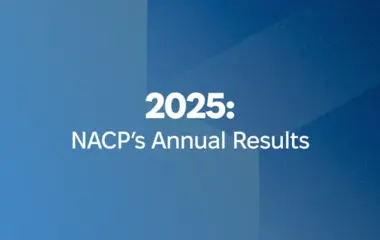With the entry into force of the Law of Ukraine “On Lobbying” (the Law), Ukraine has begun building a new transparent system of interaction between business and government — lobbying. Its introduction aims to bring influence on state decision-making out of the shadows and make it understandable and accountable to citizens.
What lobbying is and how it differs from corruption – at the link.
However, not everyone can obtain the status of a lobbyist. The Law establishes clear restrictions to avoid conflicts of interest and abuse of influence. In particular, a lobbyist cannot be:
- a current public official or one who resigned less than a year ago;
- a person with an unexpunged/unremoved criminal record (except for rehabilitated persons), or someone with an administrative penalty for corruption or an active ban on lobbying;
- a citizen or resident of Russia;
- any state body, local self-government body, or other public law institution;
- persons involved in terrorist activities or those under sanctions (including international ones);
- companies registered in Russia or connected with it, or with a country that does not comply with international standards for combating money laundering and terrorist financing, or companies under sanctions;
- a legal entity whose ultimate beneficial owner or participant is a person specified in the previous points, if such participant has acquired a significant stake in the relevant legal entity, including jointly with other participants;
- entities ensuring law-making activities;
- companies subject to criminal-law measures in the last 5 years;
- media;
- political parties and their regional branches;
- religious organizations;
- election candidates.
Thus, by clearly defining who cannot be a lobbyist, the Law ensures equal conditions for all participants in the process and increases public trust in decision-making.
It should be recalled that on September 1, 2025, the Law of Ukraine “On Lobbying” came into force, forming the legal foundations for developing a transparent and responsible lobbying culture, defining the rules of influence on the legislative process, and ensuring its accountability to society.
Simultaneously with the entry into force of the Law, the NACP put into industrial operation its key implementation tool: the “Transparency Register” (hereinafter – the Register) — an open public platform that collects, processes, and publishes data on lobbying entities and their reporting.









